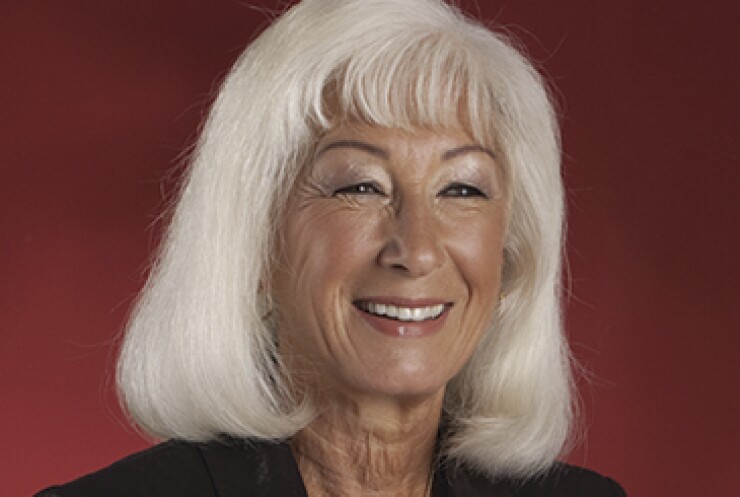
Even while our industry is now working through the details of operationalizing the Consumer Financial Protection Bureau's TILA-RESPA Integrated Disclosure rule, the next important deadline is on the horizon. The government-sponsored enterprises have mandated adoption of the Uniform Closing Dataset by 2Q of 2017. While this doesn't give any of us much time to rest, the growing acceptance of data standardization should appeal to both lenders and regulators.
The UCD defined by the GSEs extends their adoption of the MISMO reference model as the data standard for mortgages. This is the latest endorsement of MISMO, currently at version 3.3, as the
Having a common standard for all vendors to certify against yields a number of benefits. First, since standardized data is more readily accessible and easier to exchange, it is increasingly possible to achieve a data-validated mortgage process — that is, a mortgage process in which the data within and associated with documents is used to validate quality and compliance throughout the entire workflow from pre-close to close to post-close. Proprietary data formats have made such comparisons difficult to accomplish in the past.
With the very limited variances allowed in the Loan Estimate and Closing Disclosure, the ability to accurately monitor changes is critical. Relying on a common data standard is the only cost-effective way to accomplish this.
Second, the improved loan quality and compliance enabled by data-validated mortgages means lenders can offer greater transparency to investors. This brings greater efficiency and confidence to the capital markets because investors can better assess the credit risk of the assets they are acquiring.
Last, data standards make integration and data exchange between systems easier. Lenders can more confidently look to service providers to work together across systems to meet lender needs.
The UCD is the GSE’s data standard to support the CFPB’s new Closing Disclosure form. Starting 2Q 2017, Fannie Mae or Freddie Mac will only purchase loans that
Ideally, when implementing TRID,
Sharon Matthews is President and CEO of eLynx.




